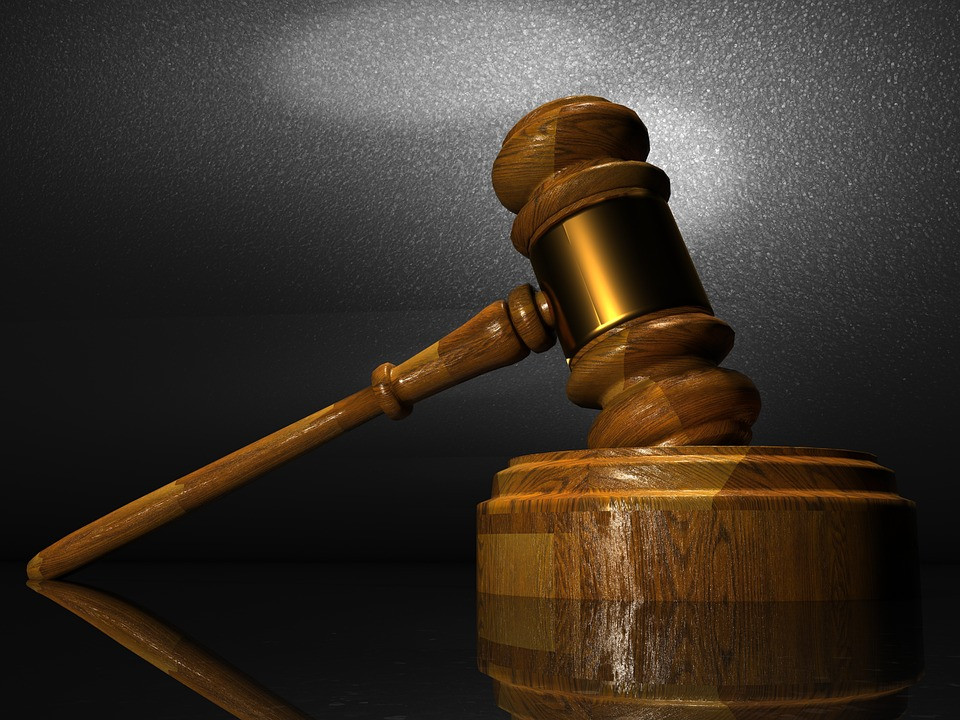Q: I just served on a jury. One of the people gave me a lot of concern. I don’t think she followed the judge’s instructions, and I think she had a bias going in, but hid it. How is a juror like that kept off a jury?
Q.M., Van Nuys
A: A stealth or rogue juror is an individual who has a concealed agenda with regard to the case, seeks to get onto the jury and then to influence the outcome. Not following the court’s instructions is misconduct as well, of a different nature than an ulterior motive, but may also be part of the actions of a stealth or rogue juror.
The lawyers are to pay very close attention during jury questioning (voir dire), which includes both the prospective jurors’ non-verbal conduct, and careful review of written answers to the jury questionnaire. The objective is to look for, or at minimum to sense, any deceptiveness; and then challenge the person so that he or she hopefully will not be seated.
In addition, each juror has a duty to report, as soon as possible, any incident where someone attempts to influence a jury member outside of the courtroom. Similarly, a juror is to report any misconduct he or she observes which is carried out by any other juror. One reason why alternate jurors are selected is if a juror has to be replaced; it happens. Counsel can raise a concern with the court as well, and, when the judge learns or perceives a rogue juror is in the mix, he or she should of course address it.
I wish I could tell you that the system works perfectly, but that would be an overstatement. The lawyers, the court and the jurors all are to be vigilant in seeking to make sure the trial is fair and just. Thus, I wonder if you brought your concerns about that particular juror to the court’s attention.
Q: I have heard about “jury nullification,” but what exactly is it?
J.O., Irvine
A: Jury nullification is a phrase used when, in a criminal case, the jury returns a not-guilty verdict regardless of whether they believe that, in fact, the defendant…
Read the full article here







